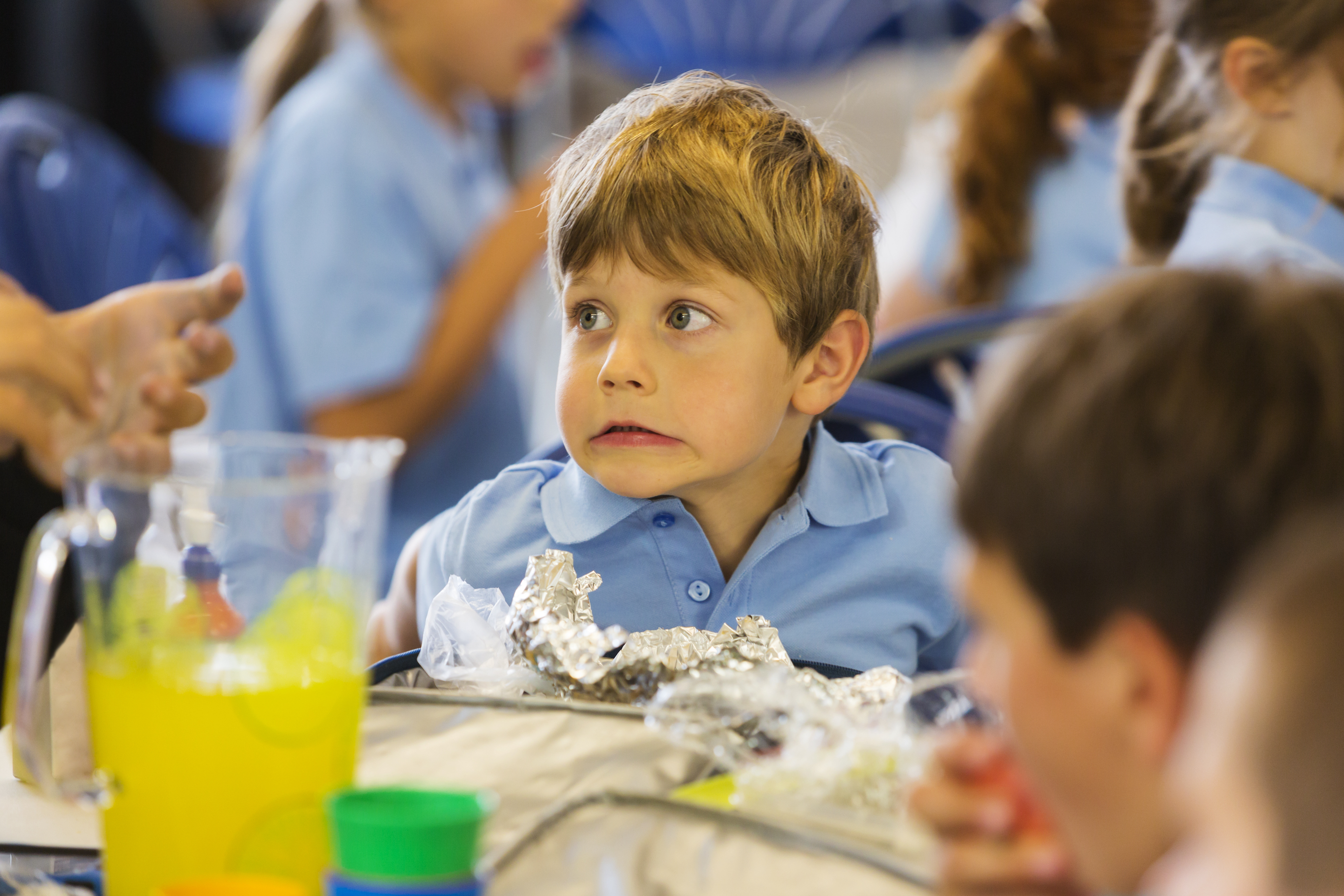
Health & Medicine
The legacy of maltreatment on the brain

Empathy is vital for social functioning. However, new research demonstrates that children who are particularly empathic are also more anxious
Published 29 November 2021
Empathy is our ability to share and understand the emotions of other people.
Most experts agree that there are at least two types of empathy; a more emotional (or “affective”) type and a more cognitive type. Affective empathy refers to experiencing another’s emotional state and cognitive empathy means understanding another’s emotional state.

Both of these processes usually occur together when we empathise.
Our ability to empathise is vital for good social functioning. Research has found associations between increased empathic tendencies and increased altruism.
However, engaging in certain types of empathy in different situations can come with various risks for the empathiser or for those around them. For example, experiencing occupational exhaustion (often referred to as empathic burnout) among professionals like nurses or counsellors may mean that patients do not get the best care.

Health & Medicine
The legacy of maltreatment on the brain
For many researchers, empathy has been of interest when it comes to mental health because empathic ability is often altered in a range of disorders including Autism Spectrum Disorder, narcissism, as well as anxiety and depression.
Research has already demonstrated that people who experience high levels of ‘empathic distress’ – that is, becoming distressed while sharing others’ negative feelings – can experience higher symptoms of depression.
On the other hand, low levels of ‘cognitive empathy’ (or difficulty understanding others’ feelings), are also associated with depression and anxiety.
But one important gap in our knowledge is whether these relationships exist in children.

Despite a lower prevalence of anxiety and depressive disorders in children, approximately 30 per cent of children in the community might experience at least one episode of ‘internalising’ difficulties, which means they’re experiencing symptoms of anxiety and depression.
Childhood onset of these symptoms increases the risk and severity of disorder in adolescence and adulthood, and relapse and recurrence are common in young people even after receiving treatment.
We know that intervening early is key for good mental health outcomes. And by understanding the links between these symptoms and other key social-emotional traits, we may open up new areas for early detection or intervention.

Health & Medicine
Australian children with mental disorders aren’t getting help
In our study, we asked 127 nine and 10-year-old children to complete assessments of their cognitive and affective empathic abilities, as well as anxiety and depressive symptoms.
The children rated their own empathic abilities and tendencies. For example, can they easily tell what others are feeling? Or when a friend feels sad, do they begin to feel sad too?
Children who indicated they shared and were distressed by the feelings of others (known as ‘affective sharing’ and ‘empathic distress’, respectively), were also more likely to have elevated anxiety – particularly social anxiety – and depressive symptoms.

When we say elevated anxiety and depressive symptoms in children, we mean symptoms like feeling sad more often than not, having negative self-esteem, physical symptoms (things like changes in eating or sleeping), difficulties with school or friends, as well as having worries or fears that bother the child a lot and make it difficult for them to engage in activities they would like to.
Researchers still don’t know exactly why emotional or affective empathy is related to anxiety and depressive symptoms, but they have a few ideas.
It may be connected to two related concepts known as ‘emotional reactivity’ and ‘emotion regulation’.

Health & Medicine
Kids’ sleep a key indicator of wellbeing
Children who are more reactive to emotional states – both their own and others – may be more likely to report both higher levels of affective empathy and high levels of anxiety and depressive symptoms.
Another possibility is that some children may feel more empathic distress if their ability for emotion regulation is not well developed.
High capacity for empathy has been described as a “risky strength”, meaning that on its own it’s not detrimental, but when coupled with other potential factors and traits, it may become a risk factor for later anxiety and depressive symptoms. But more research is needed to uncover what these other factors are and how they interact.
Contrary to what has been found in adults, children’s ability to understand the feelings of others (known as “cognitive empathy”) did not relate to their own mental health.

It appears that in children, the relationship between emotional components of empathy and mental health already exists, but the relationship between the cognitive aspect of empathy and mental health is still yet to develop.
Children are able to share the emotions of others from a young age – even babies will cry when hearing others cry – but they take longer to develop the ability to understand what others are feeling.
These abilities continue to develop throughout childhood and even into adolescence, so it is possible that the relationships between cognitive empathy and depression or anxiety might only emerge later in a child’s development.

Health & Medicine
Why helping at home is good for kids
These findings can help us to understand more about aspects of a child’s social and emotional experience.
We don’t know yet whether experiencing depression and anxiety changes the way we empathise, or whether experiencing other people’s feelings intensely can make us more vulnerable to mental health issues.
Examining how these relationships change over time will help us to identify whether and how empathic abilities create risk for the development of mental health conditions.
And this, in turn, will facilitate the development of new kinds of treatments that focus on empathy.
Banner: Getty Images